
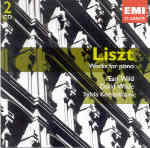
The first eight selections listed above constitute a long-out-of-print all-Liszt release Earl Wild recorded for EMI in 1973, now reissued on CD for the first
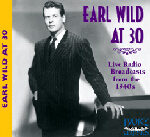
Earl Wild’s early career paralleled the golden age of American radio. He served as a staff pianist for NBC between 1937 and 1946, moving over
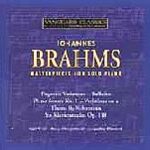
There are no fake profundities, interpretive quirks, tiny insecurities, or assists from the sustain pedal when not needed, but rather we get all the zest,
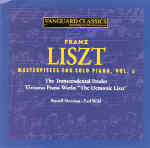
Nowhere does Vanguard Classics indicate that the Liszt performances gathered for this reissue respectively date from the early 1970s (Russell Sherman’s Transcendental Etudes, which first
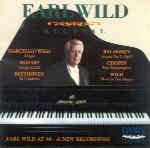
Don’t mistake the previously unreleased live performances on this disc for Earl Wild’s 1984 studio recordings of the same three Schumann works released by Dell
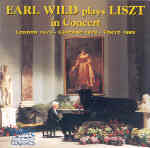
Although Earl Wild made memorable studio recordings of all the Liszt works contained in this collection, these previously unreleased live versions (taped between 1973 and
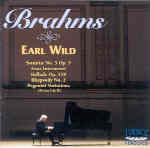
It’s funny how Brahms’ youthful, big-boned F minor sonata often proves to be a youth tonic for veteran pianists, who gleefully brave the work’s considerable

Earl Wild devises a novel ordering of Schumann’s Symphonic Etudes, recorded here complete with the five posthumous variations. The lyrical movements capture Wild in an
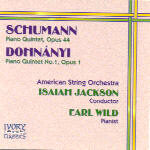
In the 1930s, Earl Wild heard his teacher Egon Petri perform the Brahms Piano Quintet with the NBC Symphony’s string section. The occasion instigated Wild’s
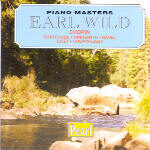
Three-fourths of this collection stems from a radio broadcast dating around 1948, issued here for the first time. The engineering is unusually vibrant and colorful
![]()

Notifications